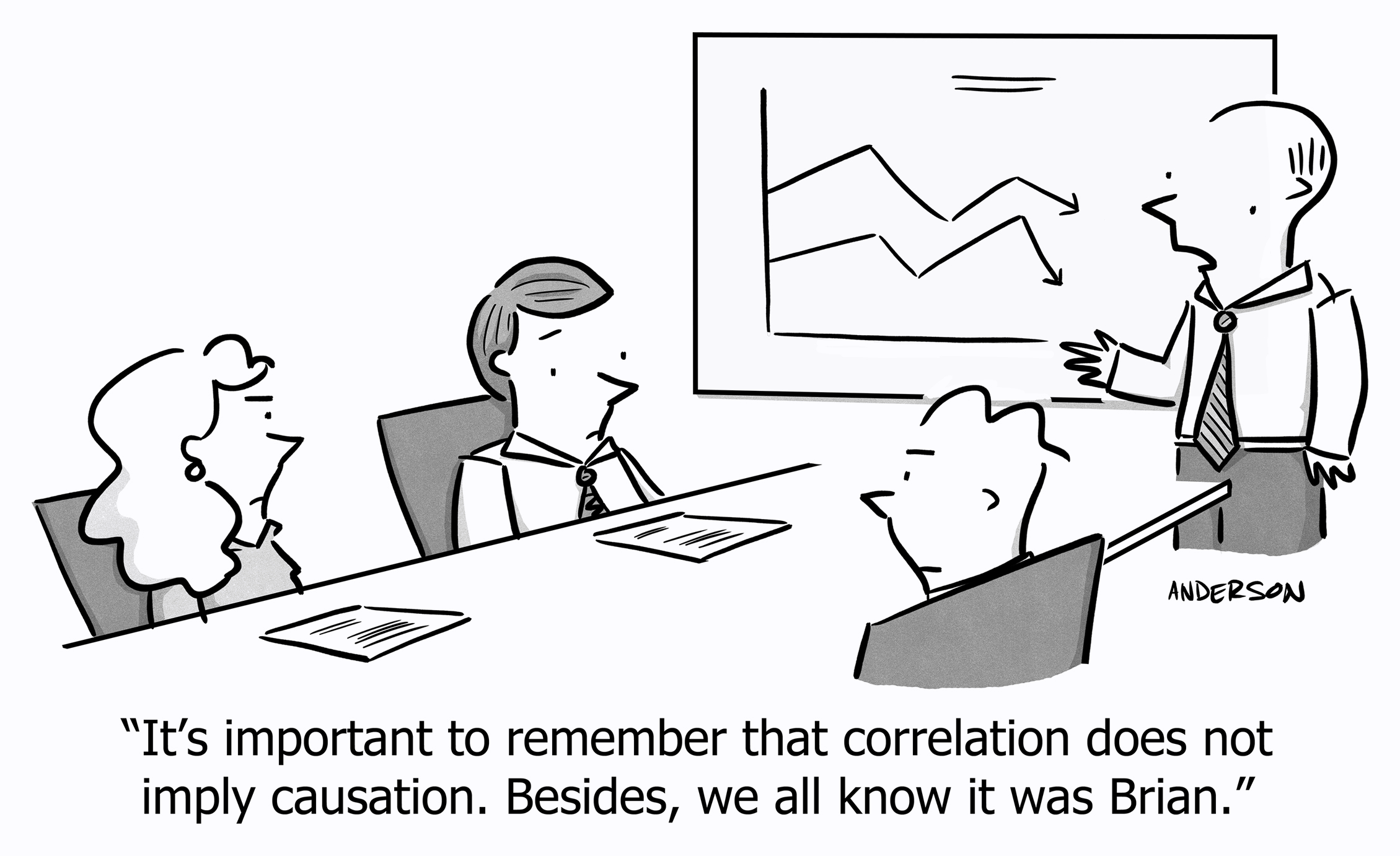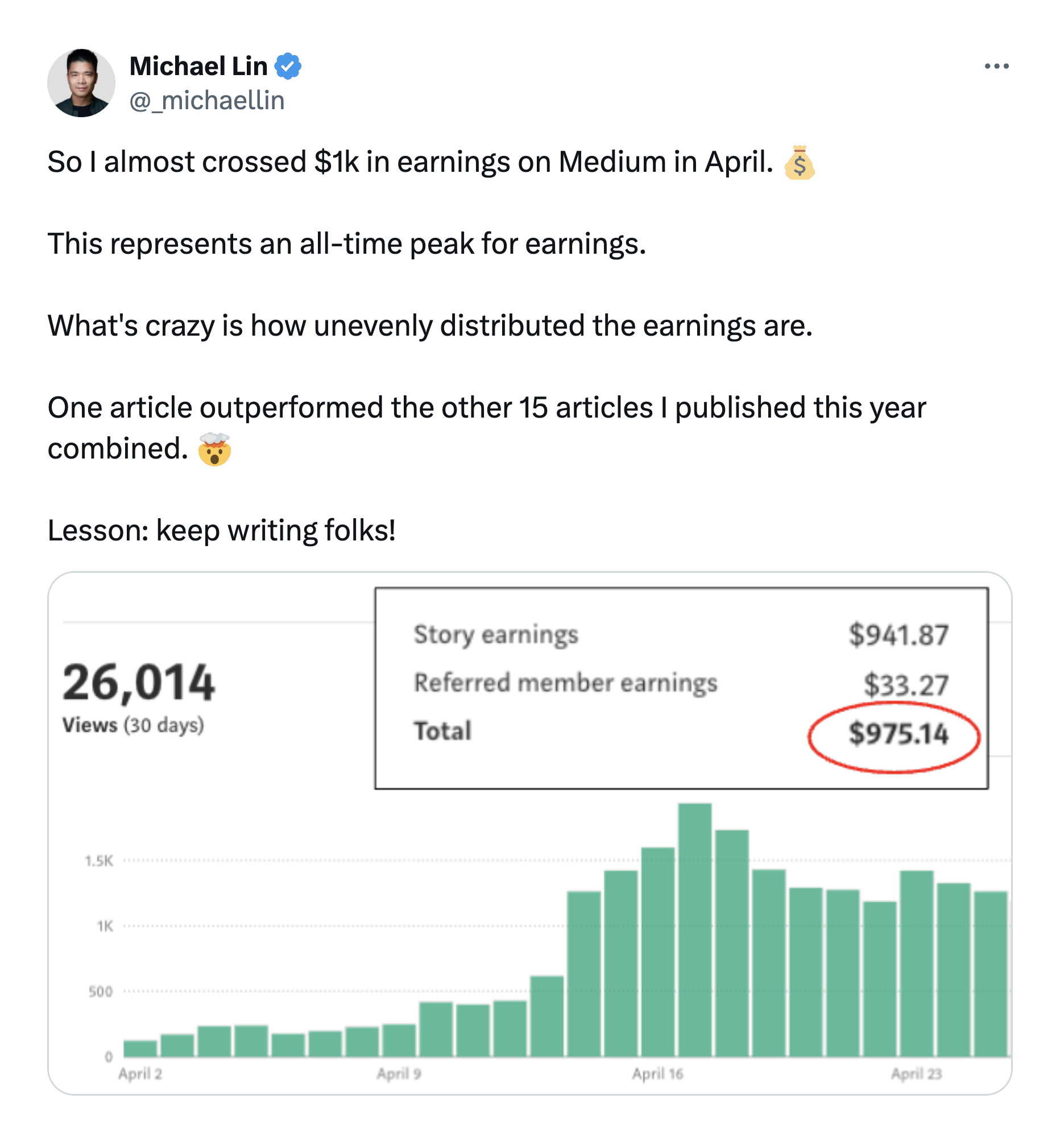Laws of 10x found everywhere
by Jason Cohen on December 14, 2016
We’re often told that some things are 10x better than others. Is that really how things work? If so, we’d better act like it.
We love stories more than science. A good story causes us to see patterns in noise.
Maybe that’s the case with the idea that all manner of startup phenomena conform to a “10x Rule.” It is really that common?
Yes, or true enough that it’s an excellent rule of thumb that should be assumed until proven false. Here’s a slew of examples:
- Business models change based on pricing in roughly 10x increments
- Great people are more than 10x better than average.
- Winning products have at least one attribute that’s 10x better than all competitors (and it’s not necessarily design, though it can be).
- VCs must invest in 10x winners, pushing every one of their portfolio companies to seek that outcome, even if it means increased risk and sub-optimal cash utilization.
- Companies do not naturally 10x their size or quality; that achievement requires intentional focus and investment.
- For multi-product companies, often one product generates more revenue than all the rest combined. (For Smart Bear and 37Signals, the largest was 10x larger than all the others combined!)
- SaaS returns in a market are a power law; winner can take 10x the profits of the next. Examples: eBay ≥ 10 × Etsy; Google ≥ 10 × Bing; Facebook ≥ 10 × Twitter; Salesforce ≥ 10 × [rest of market]
- Your best marketing channel is often 10x the productivity of the next-best. True of content-marketing also.
- Scale is 10x harder than operating at small scale. (Because complexity is non-linear.)
- 1/10th of customers are likely (gross-margin) unprofitable. That doesn’t mean you should “fire” them. But it’s a calculation worth understanding, and a phenomenon worth measuring. And sometimes, changing your policy or product to reduce that set, is a quick and strategic way to generate profit.
- 1/10th of customers generate 10x more support calls than the rest. Some of that is OK, but some of that might be a signal about your product, or about your customers, or about those customers.
- $77.4 billion of Warren Buffett’s $77.7 billion net worth was accumulated after his 50th birthday. (HT @morganhousel)
- One or two decisions or principles will be 10x more important than all others combined.
- One article or tweet outperforms all the rest by 10x:
Things aren’t always 10x, and some things have a 10x property for years but can evolve until there isn’t another 10x.
Still, it’s useful to assume there is a 10x truth, and spend your time seeking that truth, rather than worrying about and fiddling with one hundred variables, almost none of which will turn out to be important.
☞ If you're enjoying this, please subscribe and share this article! ☜









